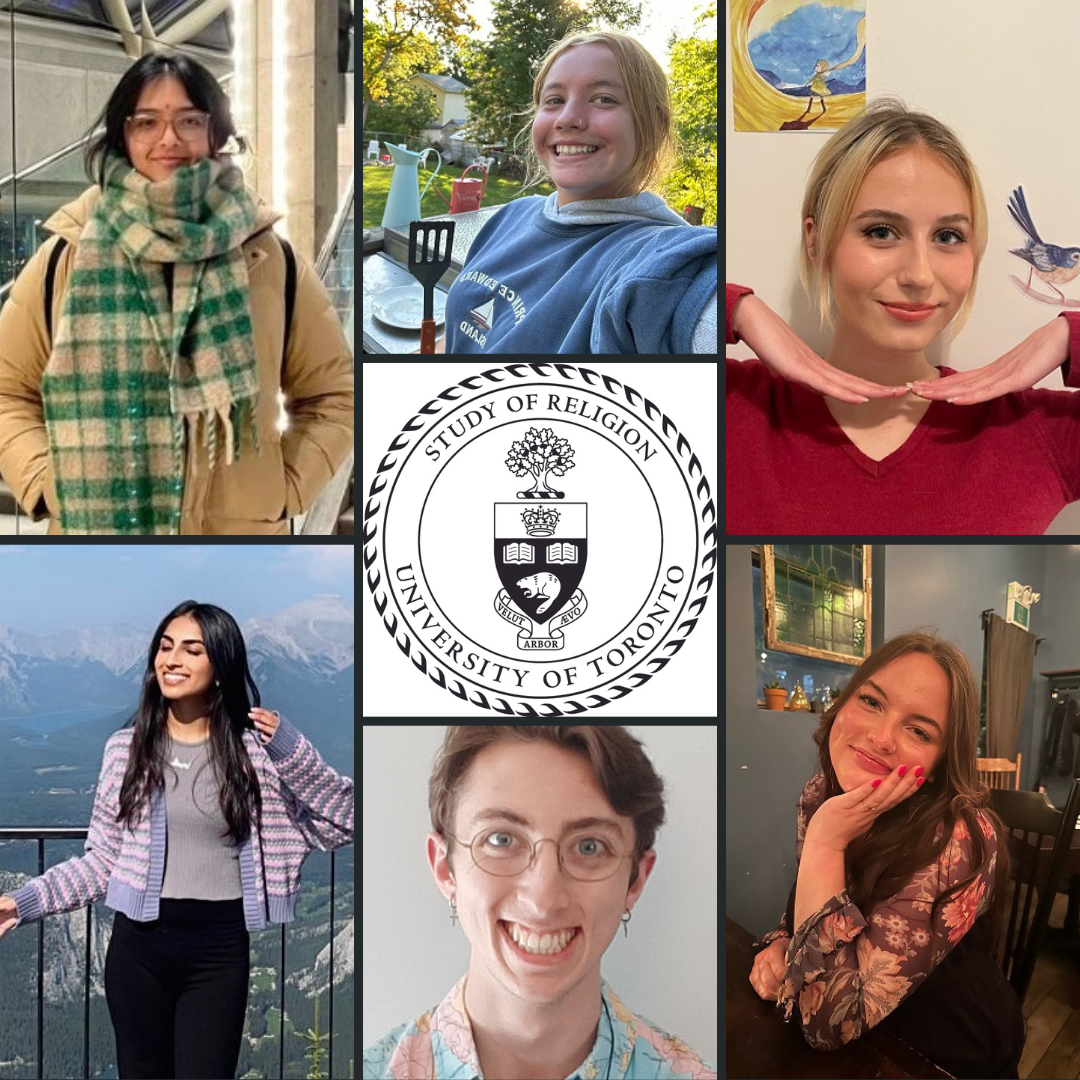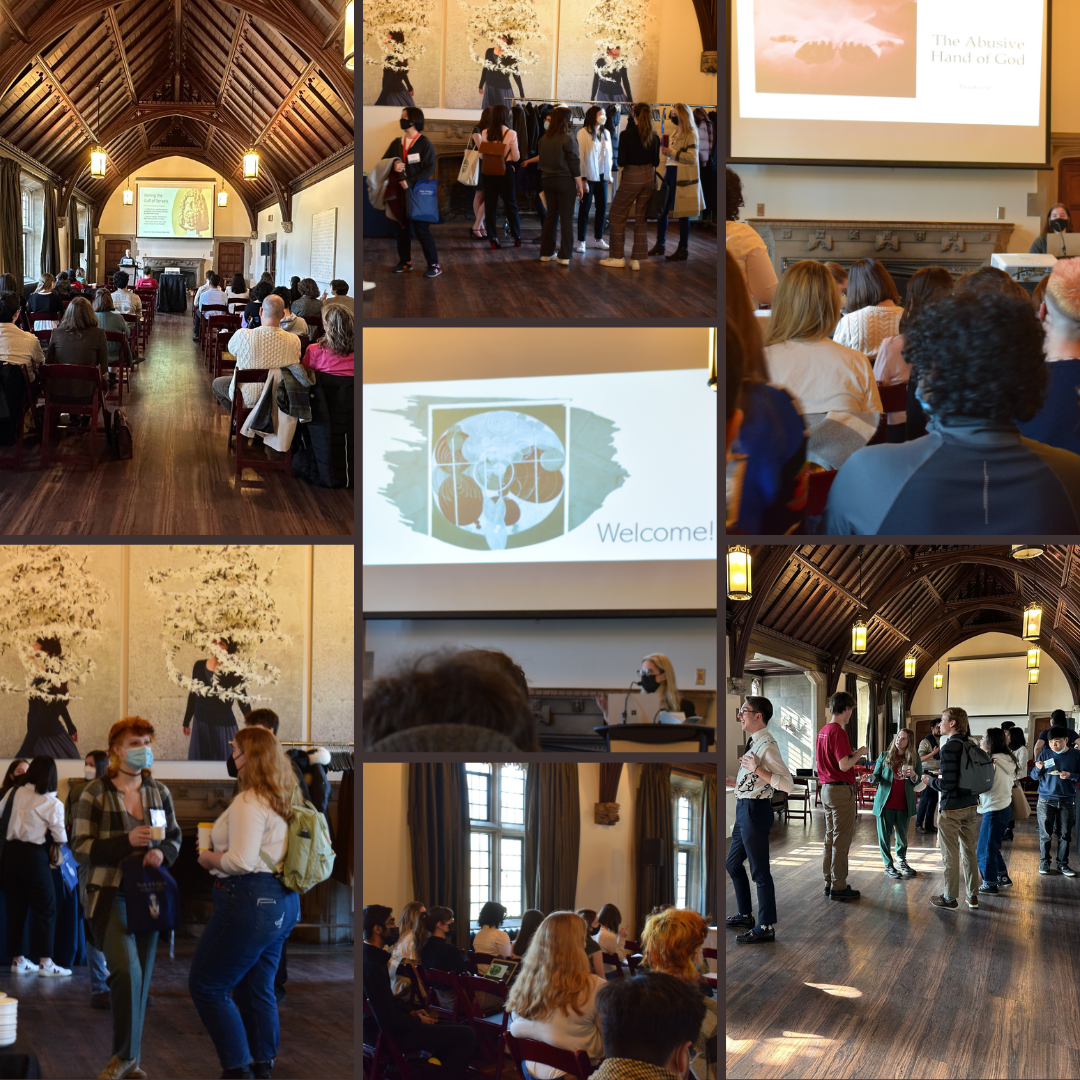Explore the Study of Religion!
Department for the Study of Religion (DSR) Programs
Our programs offer a broad and critical understanding of a range of religious traditions - such as Christianity, Islam, Buddhism, Hinduism, Judaism, and Religions of North America and Turtle Island - through manifold approaches, such as the study of philosophical and religious texts, ethnography, and material and popular culture.
Please contact the Undergraduate Administrator Amy Huynh at religion.undergrad@utoronto.ca with any questions you may have about the Department for the Study of Religion. We can help you:
- Choose courses
- Make sure your courses are in your interests
- Stay on track with your program’s requirements
Students in our programs may go on to graduate study, or into a wide range of careers such as teaching, law, public policy, cultural institutions, medicine, government, international development, media, and social work. It is highly recommended that students who are interested in pursuing graduate training also complete two full years of a relevant foreign language. The DSR offers courses in Hebrew, Sanskrit, Pali, and Tibetan.
Please see the Religion listing in the Arts & Science Calendar for the full details of each program.
The DSR is also proud to be a part of the Arts & Science Internship Program (ASIP), which combines 12-20 months of paid work experience with specialized development training.
→ Learn more about the ASIP Program, read student testimonials, and see the application process.
Connect with fellow students!
Religion Undergraduate Student Association (RUSA)Our active student association, known as the Religion Undergraduate Student Association (RUSA), plans events throughout the academic year for students and advocates on behalf of students to the department. From bubble tea socials and de-stressor events to academic and career seminars, meet and connect over great food with peers interested in the study of religion. |
 |
DSR & RUSA Annual Undergraduate Research ConferenceOur annual research conference provides an opportunity for students to present on works related to the study of religion and see how students can combine the study of religion with various disciplines such as computer science, economics, history, media studies, philosophy, psychology, and more. Join us at the beginning of April to hear insightful presentations and connect with current students! |
 |


